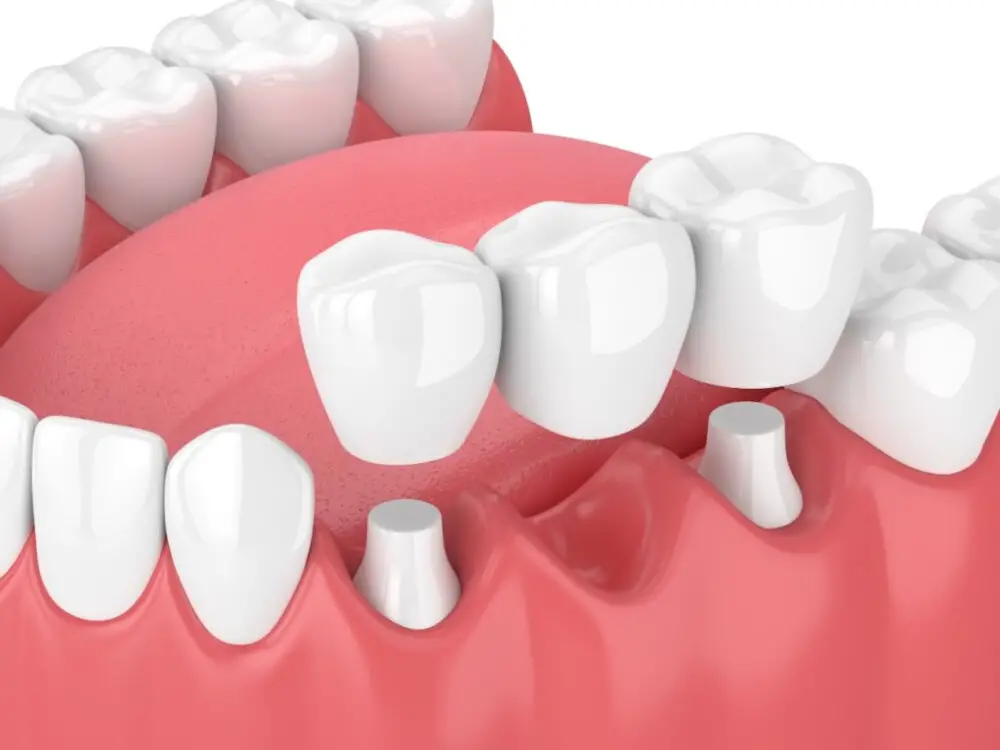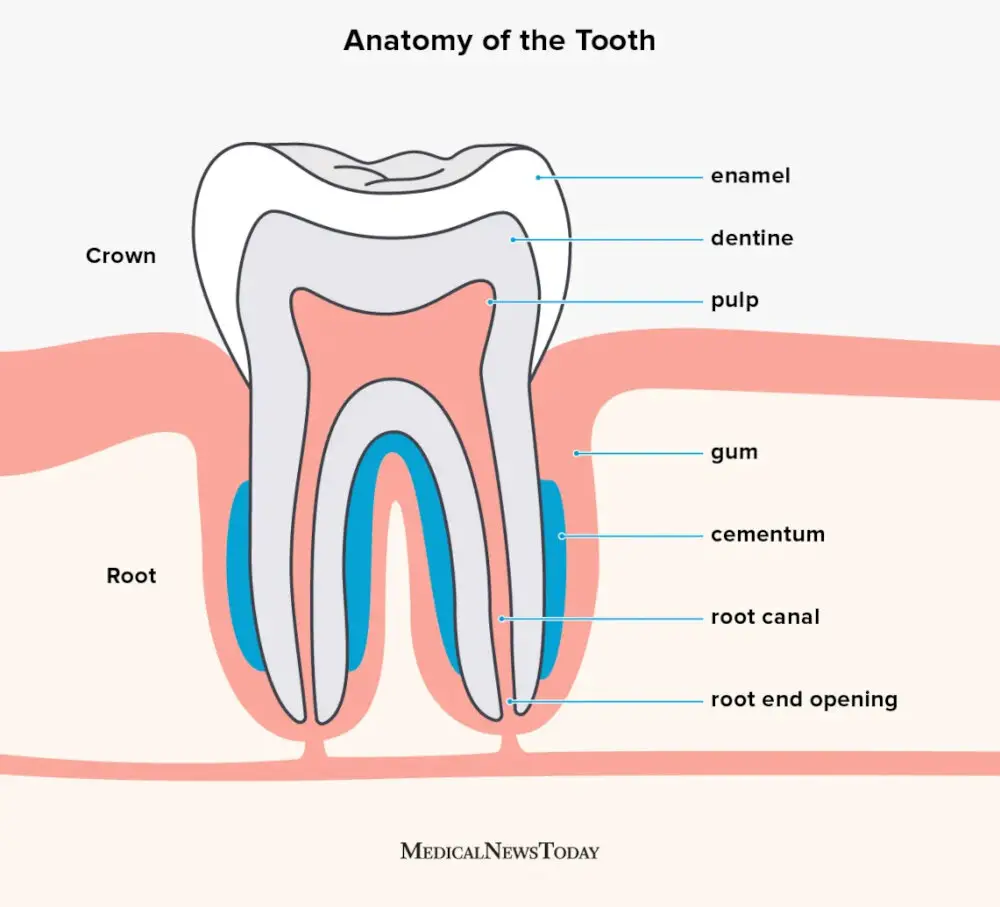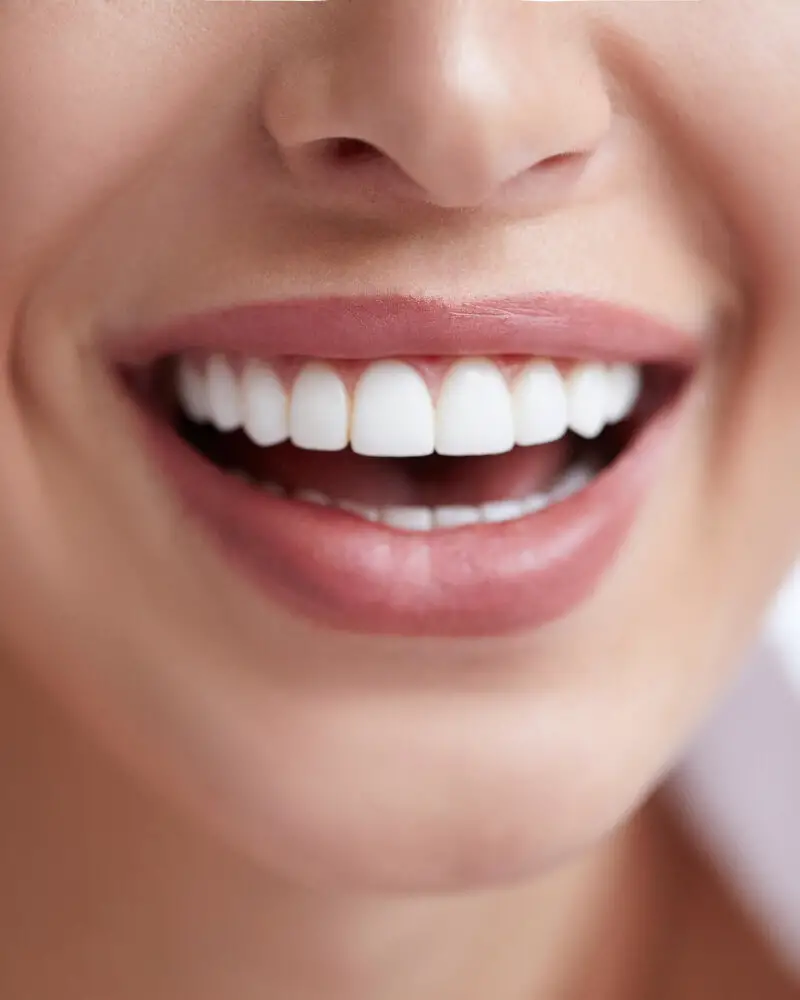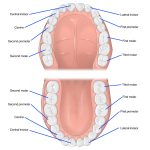Quick Tips: How to Manage Pain and Get Stoned after Wisdom Teeth Removal

Wisdom teeth removal is a fairly common procedure that many people undergo at some point in their lives. While it is a routine operation, it can be quite painful and uncomfortable during the recovery period. One of the most challenging parts of this process is managing the pain that comes with it. Fortunately, there are a few quick tips that can help you get through this difficult time and alleviate your discomfort. Along with pain management, many people also turn to cannabis or other substances to help them get stoned and relax during the recovery period. If you’re wondering how to manage pain and get stoned after wisdom teeth removal, read on for some helpful advice. When it comes to managing pain after wisdom teeth removal, there are several strategies that you can use. One of the most important things to do is to follow your dentist’s instructions carefully. This may include taking pain medication as prescribed, using ice packs to reduce swelling, and avoiding certain foods and activities. Additionally, you may want to try natural remedies such as herbal teas, essential oils, and gentle stretching exercises to help ease your discomfort. By combining these methods and finding what works best for you, you can help reduce your pain and get back to feeling like yourself again.
Wisdom teeth removal is a common dental procedure that involves the extraction of one or more wisdom teeth, which are the third molars located at the back of the mouth. This procedure is typically performed under local anesthesia or sedation to ensure a painless experience for the patient. After the procedure, it is common to experience postoperative pain and swelling, which can be managed with painkillers and anti-inflammatory medication. Additionally, some patients may experience bleeding, bruising, or difficulty opening their mouth, but these symptoms typically subside within a few days. It is important to follow the post-operative instructions provided by the dentist to ensure proper healing and reduce the risk of complications.
It is important to note that the tips provided in this article on how to manage pain and get stoned after wisdom teeth removal should not replace the advice of a medical professional. It is essential to follow your doctor’s orders and only use the tips as recommended. Each individual’s medical history and circumstances are unique, and what may work for one person may not be suitable for another. Therefore, it is crucial to consult with your dentist or oral surgeon before attempting any of the suggestions in this article. Disregarding your doctor’s recommendations and using these tips inappropriately may lead to additional complications and hinder the healing process.
Pain Management

Pain management is a crucial aspect of postoperative care after wisdom teeth removal. There are several ways to manage pain effectively, including the use of medication, ice packs, and rest. Prescription and over-the-counter pain medications, such as ibuprofen and acetaminophen, are commonly used to reduce pain and inflammation. It is important to follow the dosage instructions provided by your dentist or doctor and not to exceed the recommended amount. Ice packs can also help to reduce swelling and numb the affected area, providing temporary relief from pain. Rest is also essential for the healing process, allowing your body to recover and reducing the risk of complications. While pain management is important, it is also important to be aware of the potential risks associated with using certain pain medications, such as opioids. Opioids can be highly addictive and may lead to dependence if not used properly. It is important to discuss any concerns you may have with your healthcare provider and to use pain medications only as directed. Additionally, alternative pain management techniques, such as meditation, yoga, and acupuncture, may also be effective in reducing pain and promoting healing. By taking a proactive approach to pain management, you can help to ensure a smooth and successful recovery after wisdom teeth removal.
Over-the-counter pain relief options such as ibuprofen and acetaminophen are effective in managing pain after wisdom teeth removal. Ibuprofen is a nonsteroidal anti-inflammatory drug (NSAID) that reduces pain, inflammation, and fever, while acetaminophen is a pain reliever and fever reducer. Both medications can be taken together to provide maximum pain relief. It is important to follow the recommended dosage and frequency of these medications, as overuse can lead to adverse effects such as stomach ulcers, liver damage, and increased risk of bleeding. Additionally, these medications may not be suitable for everyone, especially those with certain medical conditions or allergies. Always consult with a healthcare provider before taking any medication.
Prescription pain relief options, such as opiates, can be effective in managing post-operative pain after wisdom teeth removal, but they should be used with caution. Opiates work by binding to receptors in the brain to decrease the perception of pain, but they can also cause side effects such as drowsiness, dizziness, nausea, and constipation. It’s important to follow the dosage instructions provided by your dentist or physician and to avoid driving or operating heavy machinery while taking these medications. Additionally, long-term use of opiates can lead to tolerance, dependence, and addiction, so it’s recommended to only take them for a short period of time as prescribed. If you experience any concerning side effects or have a history of substance abuse, talk to your healthcare provider about alternative pain management options.
There are several alternatives to medication that can help manage pain and discomfort after wisdom teeth removal. One such alternative is the use of ice packs, which can help reduce swelling and numb the affected area. Warm compresses can also be used to alleviate pain and promote healing. Additionally, a saltwater rinse can help keep the area clean and prevent infection. These natural remedies can be a great addition to medication and can aid in a faster recovery. It is important to consult with your dentist or oral surgeon to determine the best course of action for your individual situation.
Getting Stoned

After getting your wisdom teeth removed, you may experience intense pain and discomfort. One of the most effective ways to manage this pain is by getting stoned. Cannabis contains compounds that have been shown to alleviate pain and reduce inflammation. However, it is important to use cannabis responsibly and safely. Start with a small amount and wait to see how your body reacts before taking more. Additionally, be sure to choose strains that are high in CBD and low in THC, as CBD has been shown to have greater pain-relieving properties. It is also important to note that smoking can irritate the surgical site, so consider using edibles or vaporizers instead. When using cannabis for pain relief after wisdom teeth removal, it is important to be aware of potential side effects. Cannabis can cause dry mouth, increased heart rate, and dizziness. If you experience any of these symptoms, it is important to stop using cannabis and seek medical attention if necessary. Additionally, cannabis can impair your ability to drive or operate machinery, so it is important to avoid these activities while under the influence. By using cannabis responsibly and safely, you can effectively manage your pain and discomfort after wisdom teeth removal.
Getting high after wisdom teeth removal may seem appealing for many reasons. Firstly, the procedure itself can be quite painful and discomforting, and cannabis can provide a powerful analgesic effect to alleviate the pain. Secondly, the recovery period can be lengthy and tedious, which can leave patients feeling bored and restless. Cannabis can provide a pleasant distraction and help pass the time more quickly. Thirdly, many people report feeling anxious or stressed before and after surgery, and cannabis can have a calming effect on the mind and body. However, it’s important to note that smoking or vaping can irritate the surgical site and delay healing, so other consumption methods should be considered. Additionally, patients should always follow their doctor’s advice and avoid using cannabis if it interferes with any prescribed medications or causes adverse side effects.
If you’re looking for pain relief after wisdom teeth removal, but don’t want to smoke cannabis, there are other options available. Edibles are a popular choice, as they come in a variety of flavors and can be easily consumed without any harsh smoke. Tinctures are another option, which involve dropping liquid cannabis under the tongue for a quick and efficient absorption. Vaporizers are also a great alternative to smoking, as they heat up the cannabis without burning it, producing a smooth inhalation experience. Whatever method you choose, it’s important to start with a low dosage and gradually increase until you reach the desired effect. It’s also important to consult with your dentist or healthcare provider to ensure that cannabis consumption is safe for you post-surgery.
Although cannabis may be effective in managing pain, using it during recovery from wisdom teeth removal can pose potential risks and drawbacks. Cannabis can impair cognitive function and coordination, making it unsafe to drive or operate heavy machinery. Additionally, smoking cannabis can lead to respiratory issues and delay the healing process of the extraction site. Furthermore, cannabis use can be habit-forming and may lead to substance abuse, which can hinder the recovery process. As such, it is important to consult with a healthcare provider before using cannabis for pain management during recovery from wisdom teeth removal.
Combining Pain Management and Getting Stoned

Combining pain management and getting stoned can be a tempting idea, especially after undergoing a dental procedure such as wisdom teeth removal. However, it is crucial to understand the potential risks and consequences of mixing pain medication with cannabis use. While cannabis may provide temporary relief for pain and discomfort, it can also interfere with the effectiveness of prescribed medications, leading to adverse reactions and further complications. Moreover, cannabis can impair cognitive and motor functions, which can be dangerous while recovering from a surgery or injury. Therefore, it is essential to consult with a healthcare provider before using cannabis as a pain management tool and follow their recommendations regarding dosage, frequency, and mode of administration. That said, there are some ways to incorporate cannabis into your pain management plan safely. For instance, using CBD-dominant products that contain little to no THC can help alleviate pain and inflammation without causing intoxication or drug interactions. CBD is a non-psychoactive compound found in cannabis that has anti-inflammatory, analgesic, and anxiolytic effects, making it a promising alternative to traditional painkillers. Moreover, using cannabis topicals such as lotions, balms, or salves can provide targeted relief to the affected area without affecting the rest of the body. Overall, while combining pain management and getting stoned may seem tempting, it is crucial to prioritize your health and safety first and seek professional advice before experimenting with cannabis as a pain relief tool.
Combining pain relief and cannabis consumption can be an effective way to manage pain after wisdom teeth removal. However, timing and dosage are crucial to ensure a safe and comfortable experience. It’s recommended to wait until the effects of the anesthesia have worn off before consuming cannabis. Start with a low dosage and gradually increase until pain relief is achieved. Avoid smoking as it can cause dry sockets and instead opt for edibles, tinctures, or topicals. It’s important to note that cannabis can interact with other medications, so it’s best to consult with a healthcare professional before combining the two. With the right timing and dosage, cannabis can provide much-needed pain relief after wisdom teeth removal.
It is essential to be aware of potential drug interactions and side effects when managing pain after wisdom teeth removal. Certain pain medications, such as opioids, can cause drowsiness, nausea, and constipation. Mixing medications, such as opioids and benzodiazepines, can lead to respiratory depression and even death. It is also crucial to avoid alcohol and other substances that may enhance the effects of pain medications. Additionally, if you experience any unusual symptoms, such as difficulty breathing, severe dizziness, or allergic reactions, seek medical attention immediately. Being informed and cautious about the possible interactions and side effects can help you manage pain safely and effectively.
Other Tips for Recovery

Apart from the medications prescribed by your dentist, there are several other tips that you can follow to speed up your recovery process post wisdom teeth removal. Firstly, it is important to keep your mouth and teeth clean to prevent any bacterial infection. Rinse your mouth gently with warm saltwater, at least 4-5 times a day. This helps to keep the area clean and reduces inflammation. Additionally, you can use an ice pack or a cold compress on the cheek to reduce swelling and numb the area. This can be done for 20-30 minutes, several times a day. Another important factor in post-operative care is diet. It is recommended to only consume soft foods and liquids for the first few days after surgery. Avoid chewing on the side of the mouth that has been operated on, as this can cause pain and discomfort. Also, refrain from consuming hot, spicy, or acidic foods, as they can irritate the area and cause pain. It is important to stay hydrated during this period, so drink plenty of fluids, such as water and fruit juices. By following these tips, you can ensure a quicker and smoother recovery process after wisdom teeth removal.
After undergoing wisdom teeth extraction, it is essential to follow a soft food diet to avoid any damage to the surgical site. Soft foods such as mashed potatoes, oatmeal, smoothies, and scrambled eggs are highly recommended to reduce discomfort and promote healing. Additionally, it is advisable to avoid using straws as the sucking motion can dislodge the blood clot and cause dry socket. Opt for small sips instead. Keeping a healthy and soft food diet will ensure a smooth and speedy recovery process.
In addition to managing pain and getting stoned after wisdom teeth removal, it’s important to also prioritize oral hygiene. Gentle brushing is key in the days following the procedure, as the extraction site is still healing and sensitive. It’s also recommended to avoid using mouthwash, as the alcohol content can irritate the area and delay healing. Instead, opt for a salt water rinse to keep the mouth clean and promote faster healing. Maintaining good oral hygiene habits throughout the healing process can prevent infection and ensure smooth recovery.
After undergoing a wisdom teeth removal procedure, rest and relaxation are essential for a speedy recovery. To achieve a comfortable and peaceful state, consider engaging in activities that promote calmness and relaxation. Listening to soothing music or meditating can help you unwind and decrease any discomfort you may be experiencing. Applying a cold compress to the affected area can also alleviate swelling and pain, allowing you to rest more comfortably. Additionally, taking prescribed pain medication as instructed by your dentist can help manage any discomfort you may be feeling. By taking these simple steps, you can ensure a more comfortable and speedy recovery from your wisdom teeth removal procedure.
Pain management after wisdom teeth removal can be a challenging task, but cannabis consumption can be a helpful aid in alleviating the discomfort. When using cannabis for pain relief, it is essential to choose strains that are high in CBD and low in THC to avoid any psychoactive effects. Edibles and tinctures are also great alternatives to smoking, which can be harsh on the throat and mouth after oral surgery. It is crucial to start with a low dosage and gradually increase until the desired relief is achieved. Additionally, it is important to stay hydrated and avoid alcohol and tobacco use during the recovery period. With these tips, managing pain and getting stoned after wisdom teeth removal can be a seamless and comfortable experience.
It is crucial to follow your doctor’s orders and not rely solely on tips found online when managing pain and discomfort after wisdom teeth removal. Your doctor knows your medical history and can provide personalized advice and prescriptions to ensure a safe and effective recovery. Using tips that are not recommended by your doctor may lead to further complications and delay the healing process. It’s important to remember that every individual’s recovery process may vary, and what works for one person may not work for another. So, it is best to consult with your healthcare professional before trying any new pain management techniques. Trusting your doctor’s expertise and following their orders is the key to a speedy and smooth recovery.
After having your wisdom teeth removed, it’s essential to prioritize your recovery and take it easy during the healing process. Your body needs time to heal, and pushing yourself too hard can result in complications or prolong the recovery period. It’s essential to listen to your body and rest when you need to. Don’t feel guilty about taking time off work or canceling plans with friends. Your health and well-being should always come first. Additionally, make sure to follow your dentist’s instructions for pain management and care. Taking the prescribed medication and practicing good oral hygiene will help speed up the healing process and ensure a successful recovery. Remember, a little patience and self-care can go a long way in making the healing process more comfortable and manageable.
Conclusion

In conclusion, managing pain and getting stoned after wisdom teeth removal may seem daunting, but with the right tips, it can be a manageable experience. It is important to follow the post-operative instructions provided by your dentist or oral surgeon and to take pain medication as prescribed. Additionally, utilizing natural remedies such as ice packs, salt water rinses, and soft foods can help alleviate discomfort. While using cannabis may provide relief, it is crucial to discuss this option with your healthcare provider and to proceed with caution. By taking these steps and being patient with the healing process, you can successfully manage pain and get through the recovery period with ease.






